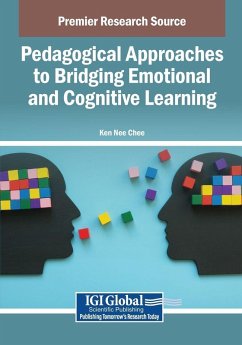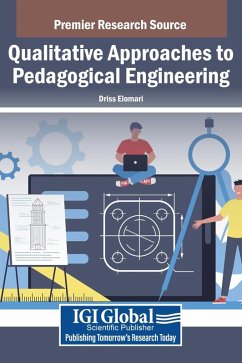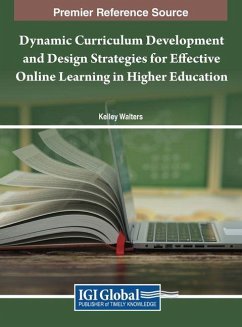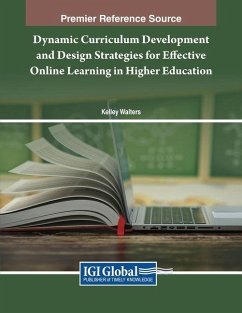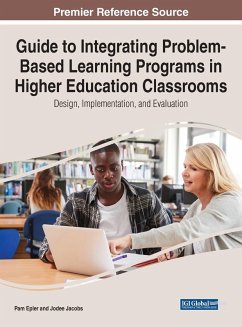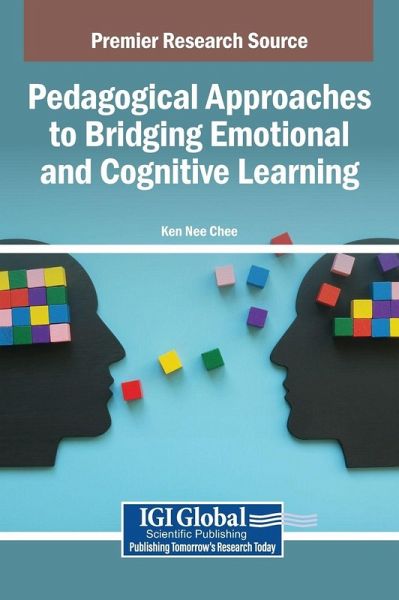
Pedagogical Approaches to Bridging Emotional and Cognitive Learning
Versandkostenfrei!
Versandfertig in 1-2 Wochen
163,99 €
inkl. MwSt.

PAYBACK Punkte
82 °P sammeln!
In the evolving landscape of education, the interplay between emotion and cognition has become a crucial area of exploration. As traditional models of learning increasingly give way to more holistic approaches, the need to bridge emotional and cognitive learning has gained significant attention. It is essential to understand that emotional intelligence is not separate from cognitive processes but deeply interconnected. Emotions influence how students perceive, process, and retain information, as well as how they engage with learning material and their peers. Therefore, fostering emotional resi...
In the evolving landscape of education, the interplay between emotion and cognition has become a crucial area of exploration. As traditional models of learning increasingly give way to more holistic approaches, the need to bridge emotional and cognitive learning has gained significant attention. It is essential to understand that emotional intelligence is not separate from cognitive processes but deeply interconnected. Emotions influence how students perceive, process, and retain information, as well as how they engage with learning material and their peers. Therefore, fostering emotional resilience and self-awareness alongside intellectual growth enhances both personal development and academic success. Pedagogical Approaches to Bridging Emotional and Cognitive Learning examines how educators can cultivate environments that nurture both the emotional wellbeing and cognitive development of students. It delves into various pedagogical strategies that emphasize the integration of emotional and cognitive learning, drawing from interdisciplinary research in psychology, neuroscience, and educational theory. Covering topics such as academic self-efficacy, learning experience design, and social learning, this book is an excellent resource for teachers and educators of K-12 and higher education, educational researchers, school administrators, educational leaders, curriculum developers, educational psychologists and counselors, policymakers, academicians, and more.



